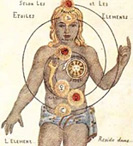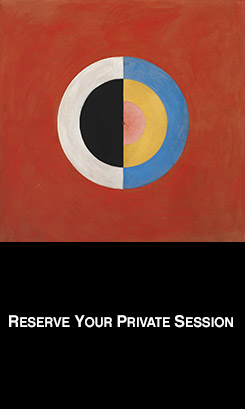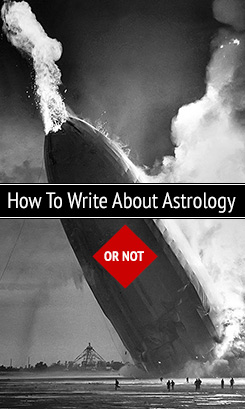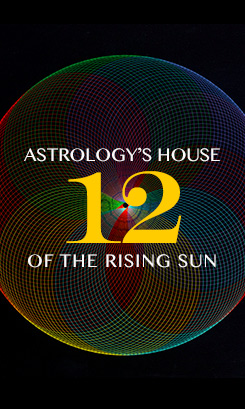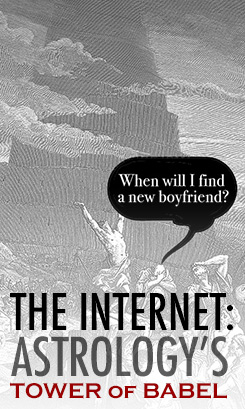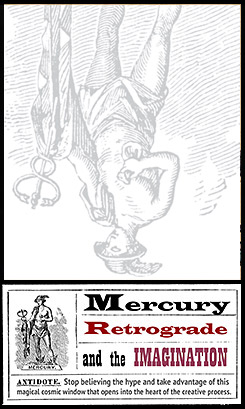Tarthang Tulku: Time and Non-Locatability

In the following quotes from Dynamics of Time and Space, Tarthang Tulku uses the word time in a broader sense than just psychological or linear time.
When we lose contact with time, we have cut the dynamic central to our lives. Subjectively, there is the sense that time is flickering, like a film not properly adjusted on its reel. There is strain that goes nowhere.
These structures are in place before consciousness fully forms… they give rise to nervous agitation or uneasy pain.
If the momentum of time’s forward conducting persists, the agitation and its underlying ‘flickering’ intensify. Suddenly there is an abrupt break, as if the reel of film…had snapped. Everything freezes –movement vanishes. Pain has been transformed into the fixed and rigid structures of linear time.
Consciousness emerges into a temporal order in which time is a hostile force…Time in its pastness grinds us down feeding us the lifeless recordings of the past and the seductive fascinations of the future.
Caught in this fabricated past and future, we are divided against ourselves. Our knowledge and energy are spread across the linear length of the temporal order. Thus, when we set a goal, we assign a part of our constructed identity to that goal. Now it is as though a part of us was ‘out there’ in the future along with our projection, pinned against the temporal horizon of the present moment.
Increasingly confined, we find it deeply disturbing just to inhabit the successive moments of our lives. The specific ‘point’ of time that we occupy lacks all capacity to hold time’s dynamic. Life goes out of the present, drained away ‘across’ time.
We may respond by withdrawing into a dull numbness that has a quality almost like being shocked or stunned. In our worn-out dullness, we are like a baby that has cried itself into exhausted sleep.
If we could awaken at this point to the feeling of pain, we would actually be close to the original dynamic of the time that we have lost. But this alternative is not available, for we are too closely identified with the pain.
As ‘I’ merge with ‘having the pain’, I become the victim of what objectified time has presented. I possess the pain and am possessed by it; in this feedback I repossess it, tightening its hold. Awareness arises only in the wake of recognition, and so can lead only in the direction of further identification.
Accepting the reality of the pain assures its continuation.
Through a direct focus on the painness of pain, this ready interpretation can be recast or re-projected. If there is no ‘I’ as subject — no one making efforts with regard to the pain — there will be no pain to be identified. As pain enters experience and is projected into awareness, it is received without labels and identifications and reactions. There is nothing to be conditioned and no one to be caught. Without the subjective framework, pain is stripped of its solidity.
In this new arriving of what time presents, the logic of temporality defeats itself. The past is gone, the future not yet arrived, the present too short: ‘I’ am nowhere.
Opening Collage When your numbers up by: TrashRiot, © 2015
American Buddha
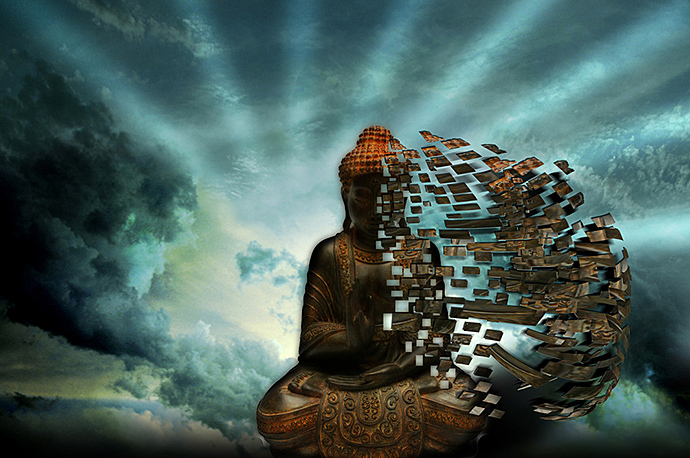
“Americans like to refer to one of the old Zen stories about how a master took a wooden Buddha image, chopped it up, and made a fire, warming himself by its flames. Seeing this, a monk asked, ‘What are you doing, setting fire to the Buddha?’
The master replied,’Where is Buddha?’
The opposite goes in America. In America we want to burn the Buddha images to begin with. You see, that monk was stuck in the image, stuck on the form. In America, we are antiform, so the pointing goes in another direction. If you’re attached to neither existence nor nonexistence, you manifest a sixteen-foot golden Buddha in a pile of shit and rubbish, appearing and disappearing.”
— John Daido Loori
Allen Ginsberg and the Mind

In the declaration below, Allen Ginsberg explains why it is vital to write.
I’ll let you read it for yourself, but add simply this. Similar to the how the ego is targeted as a pariah within the psyche’s field, the mind also is devalued and maligned as a function that sidetracks us — prevents focused attention. Especially in the Buddhist traditions, there’s too much oppression against the mind.
Ginsberg reminds us that the mind is a mirror. And when we remember this I think we’re aligned in the right way with our apparatus.
I discovered this entry today on a site I’ve been visiting, reading and enjoying very much lately, Luke Storms‘ Intense City.
Luke gathers together a diverse collection of material — and mixes it alongside his own writing. He keeps things fresh that way, and, similar to what I’ve tried to do with Astroinquiry, finds inspiration by placing his own thoughts alongside the material that is most influencing and informing him in the moment. I think you’ll discover that Luke’s site is a place you’ll want to visit again and again. Like repeating a favorite long walk on a spring (or winter) day — along with the familiar road, there’s always something new to discover.
“Proclamation of the actual mind, manifesting your mind, writing the mind, which goes back to Kerouac but also goes back to Milarepa, goes back to his original instructions: Don’t you trust your own mind? Why do you need a piece of paper?
So writing could be seen as “writing your mindâ€, observing your own mind, or observe what’s vivid coming to mind. For the purpose of relieving your own paranoia, and others’, revealing yourself and communicating to others. It is a blessing for other people if you can communicate and relieve their sense of isolation, confusion, bewilderment, and suffering by offering your own mind as a sample of what’s palpable, visible, and whatever little you’ve learned.
In other words, if you can show your mind it reminds people that they have got a mind. If you can catch yourself thinking, it reminds people that they can catch themselves thinking. If you have a vivid moment that’s more open and compassionate, it reminds people that they have those vivid moments.
By showing your mind as a mirror, you can make a mirror for other people to recognize their own minds and see familiarity and not feel that their minds are unworthy of affection or appreciation. It is appreciation of consciousness, appreciation of our own consciousness.â€
— Allen Ginsberg
A Pre-Solstice Gift of Nothingness

Buddhism anticipated the reluctant conclusions of modern psychology: guilt and anxiety are not adventitious but intrinsic to the ego. According to my interpretation of Buddhism, our dissatisfaction with life derives from a depression even more immediate than death-terror: the suspicion that “I” am not real.
The sense-of-self is not self-existing but a mental construction which experiences its own groundlessnes as a lack. This sense-of-lack is consistent with what psychotherapy has discovered about ontological guilt and basic anxiety. We usually cope with this lack by objectifying it in various ways and try to resolve it through projects which cannot succeed because they do not address the fundamental issue.
So our most problematic dualism is not life fearing death but a fragile sense-of-self dreading its own groundlessness. By accepting and yielding to that groundlessness, I can discover that I have always been grounded, not as a self-contained being but as one manifestation of a web of relationships which encompass everything. This solves the problem of desire by transforming it. As long as we are driven by lack, every desire becomes a sticky attachment that tries to fill up a bottomless pit. Without lack, the serenity of our no-thing-ness, i.e., the absence of any fixed nature, grants the freedom to become anything.
— David Loy Journal of Transpersonal Psychology, 92 Vol. 24






